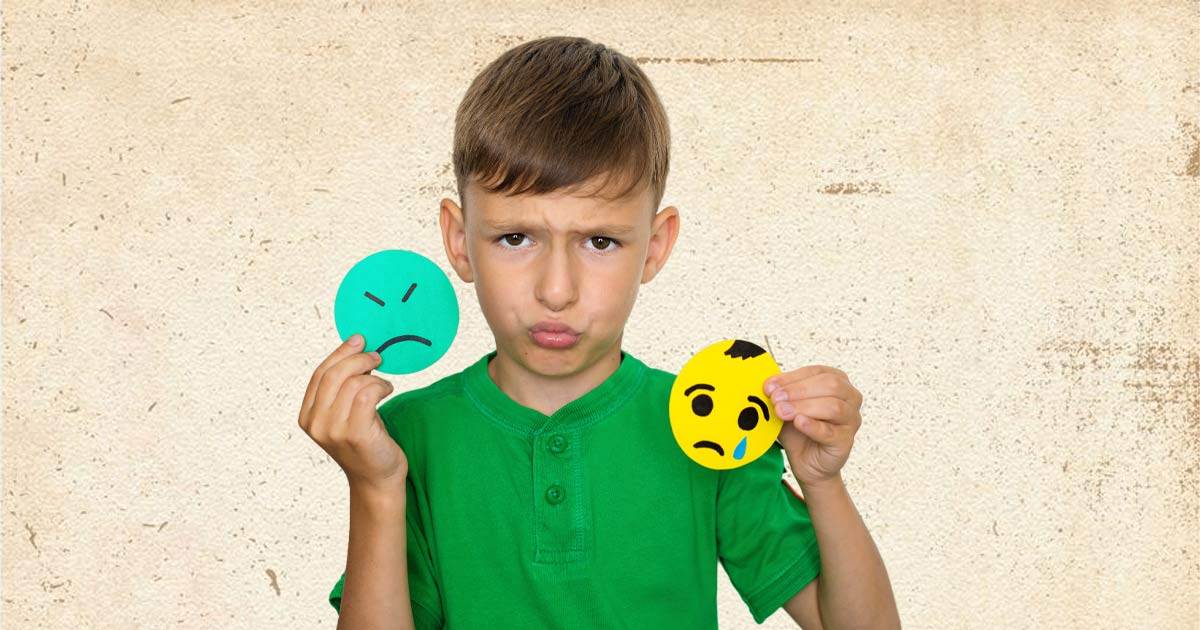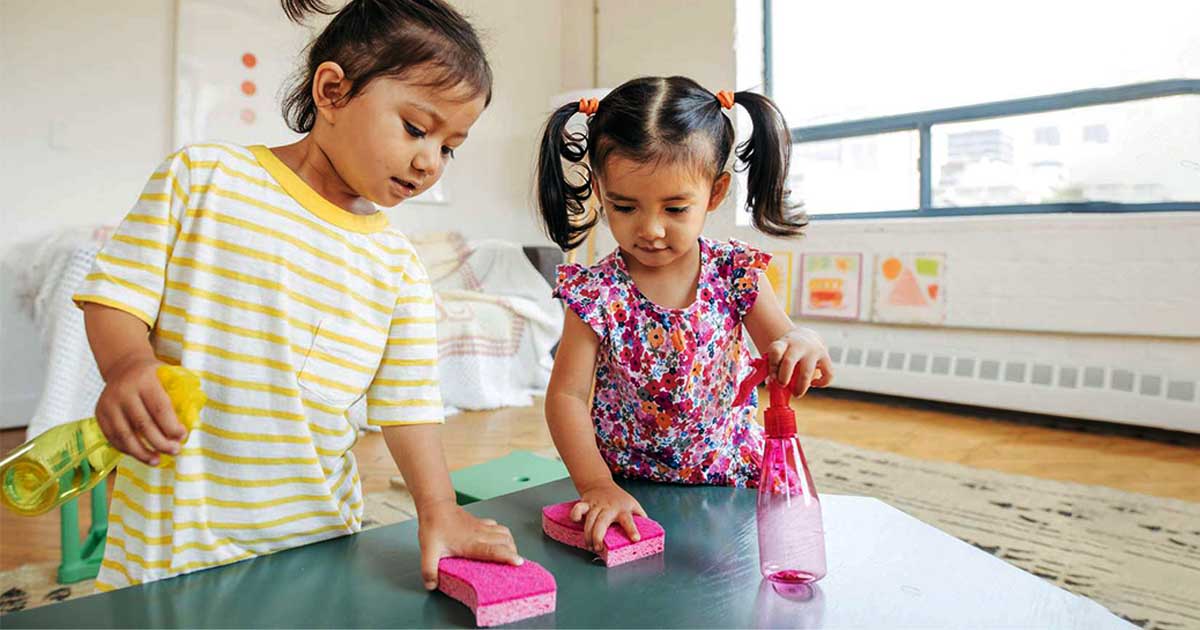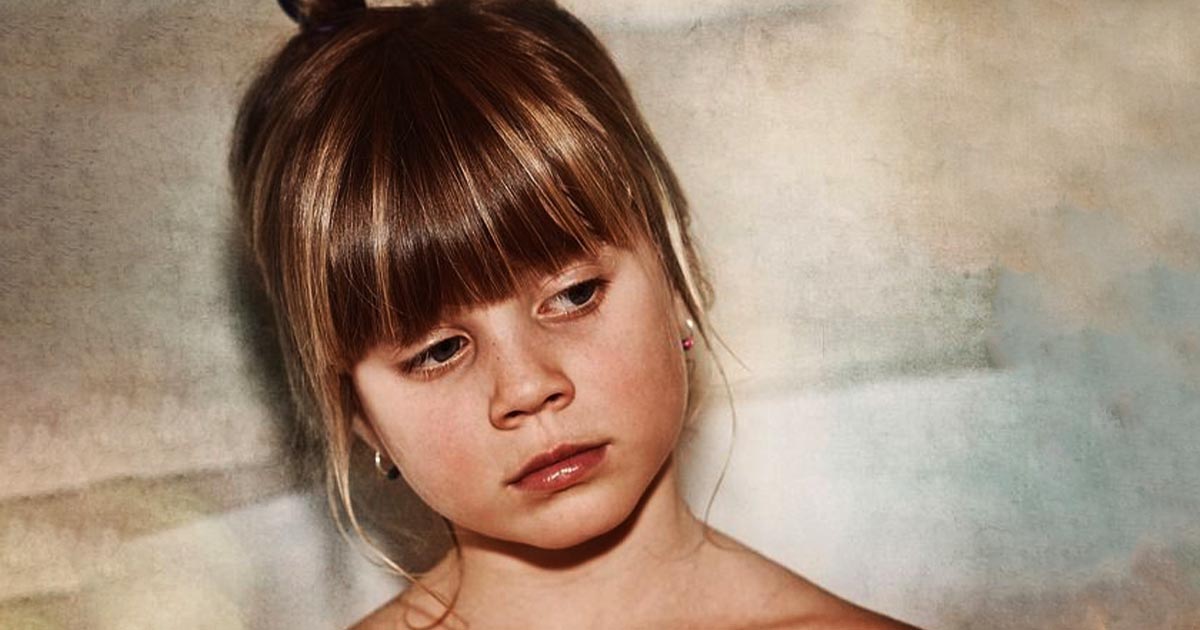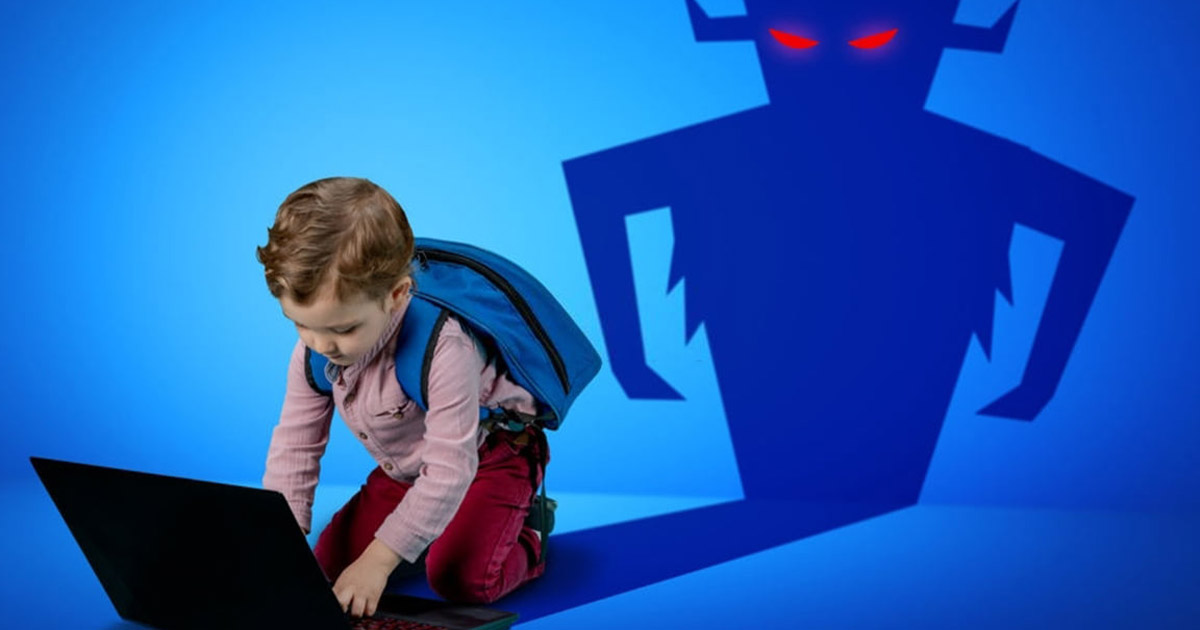In the last few years, more and more kids are experiencing mental problems which include childhood mood disorders that, if left unattended, can last into adulthood.
This is the beginning stage in identifying these early warning signs and providing comfort and support to your child.
There has been an increase in the incidences of children suffering from issues such as Attention Deficit Hyperactivity Disorder (ADHD), anxiety problems, behavior issues, and depression. These conditions affect millions of children thus indicating the need for understanding and addressing them.
The theme of this paper is about mood disorders that your kid might be going through. We will cover it all, right from identification of common behavioral symptoms till treatments you can try to make your child feel better!
What Are Childhood Mood Disorders?
Childhood mood disorders are conditions that affect how your child feels emotionally.

Mood disorders in children are characterized by their thoughts and feelings being too extreme, chronic and difficult to handle. It is not simply a matter of being grumpy or having occasional tantrums.
While speaking on mood disorders we imply mental health conditions such as depression or bipolar disorder. Your child experiences mood swings that make him feel differently and interpret the events around him differently.
Usually mood disorders in kids go undiagnosed for a long time. Researchers state that these mood disorders could lead to other problems like trouble with behavior or using substances even after treatment for mood disorder has been done.
Children suffering from mood disorders don’t exhibit the same symptoms that adults do making it hard to tell what they are going through.
Read More: Mental Health Tips for Kids: 5 Powerful Parenting Strategies To Support Your Child’s Mental Health
Mood Disorders In Childhood And Adolescence
Adolescent mood disorders, much like mood disorders in children, are conditions that impact a child’s emotional state and mental well-being.
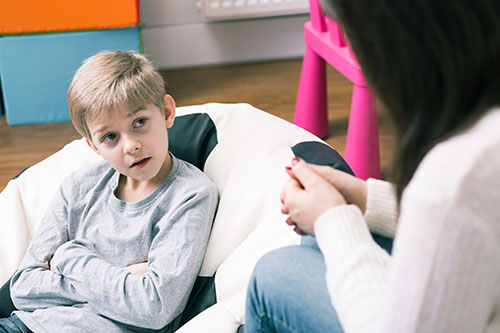
Studies show that mood disorders happen because there’s a chemical imbalance in the brain. This can happen by itself or with other things like unexpected life events or ongoing stress.
These mood disorders can run in families. Researchers think it’s because of a mix of things from both parents, like certain genes.
If a mother transmits a gene for depression to her daughter, then it is possible that the daughter may develop it. When fathers do so to their sons, there is a chance that they would also experience this disorder.
Nevertheless, one should note that mood disorders in children may have different symptoms from those in adolescents.
Lets now look at the most frequent childhood mood disorders. By knowing all these kinds, you will be able to give the right comfort your child needs with ease!
Read More: What Is Child Development? Understanding the 5 Crucial Stages of Child Development
Common Childhood Mood Disorders
Different kinds of emotions can affect children’s behavior and well-being. As parents, understanding the various emotional states your child may experience is essential.
Below are the most common childhood mood disorders that manifests in children:
1. Major Depressive Disorder (Depression)
Sadness, guilt, or worthlessness that persists. Irritability, chronic boredom in children, and less interest in activities.
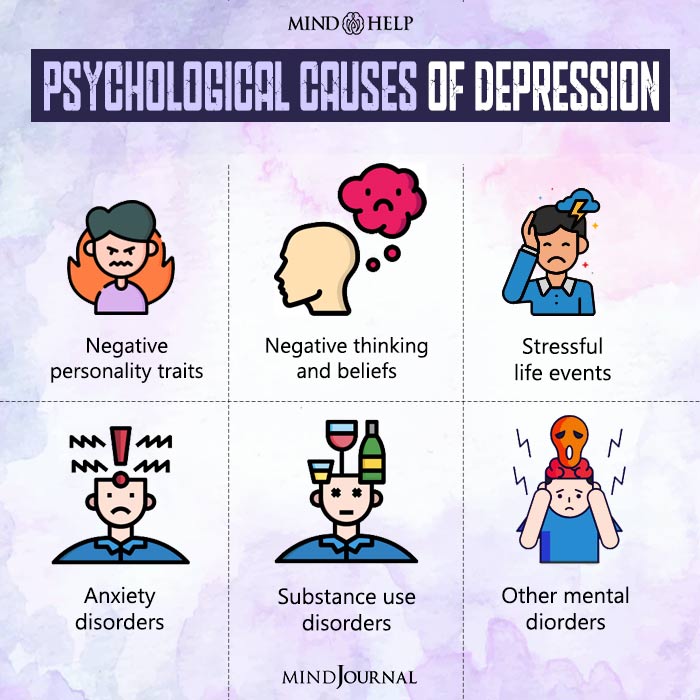
Changes in sleep patterns, appetite, and thoughts of death might be observed.
Read More: Depression 101: 10 Signs And Treatment For Depression
2. Persistent Depressive Disorder
The depressed or irritable mood that lasts for more than a year without interruption. Though symptoms are similar, they appear less and last longer. Due to the long time period of this condition and the intensity being on the milder side, an individual might not notice its symptoms.
3. Bipolar Disorder
Constant movement between depressive and manic phases. Manic episodes are characterized by excessive talking, anxiety and engaging in risky behavior.
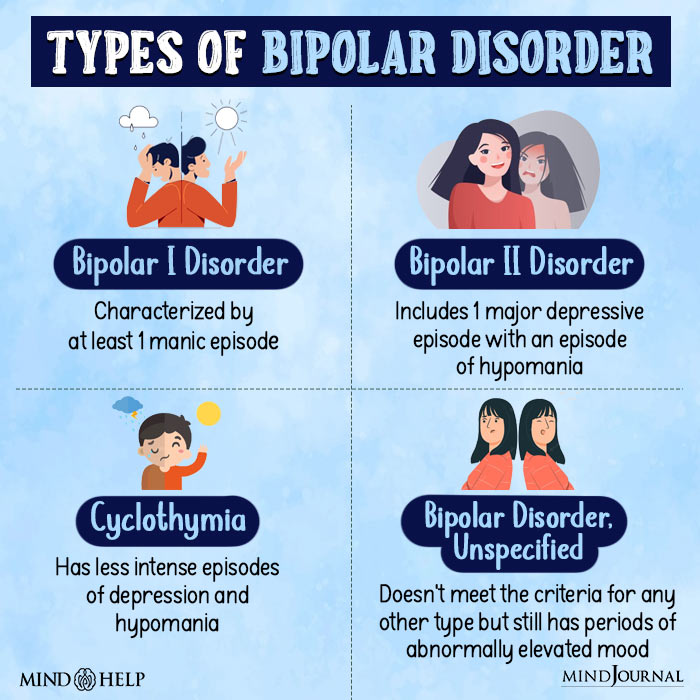
Depressive episodes among children involve sadness, contemplation of death and loss of interest.
Read More: What Is Bipolar Disorder? 24 Symptoms, Types And FAQs
4. Disruptive Mood Dysregulation Disorder
Chronic irritability, fits of anger and frequent intense tantrums. At least three explosive episodes per week for a year or longer. More common in boys and characterized by persistent annoyance.
Read More: Disruptive Mood Dysregulation Disorder: 10 Causes And Signs
Picking out these diverse mood disorders is key for early intervention and tailored treatment plans. Look at the signs beneath to show whether your child has been suffering from the above mood disorders!
Signs Of Childhood Mood Disorders
Recognizing signs of childhood mood disorders is crucial for early intervention and tailored treatment plans.
The following are the signs that you need to be mindful of:
1. Changes in Behavior
Be vigilant for sudden changes in behavior, such as increased irritability, withdrawal from social activities, or uncharacteristic aggression towards peers or family members. Emotional distress may be indicated in some of these transformations and thus require attention and support.
Read More: Children’s Mental Health – Signs of Mental Illness In Children
2. Altered Sleep Patterns
Notice disruptions in sleep, including difficulty falling asleep, frequent waking during the night, or changes in overall sleep duration.

Sleep disturbances can be indicative of emotional struggles affecting a child’s well-being.
Read More: What Is Sleep Training: 5 Expert Tips To Help Regulate Your Child’s Sleep Pattern
3. Persistent Sadness or Irritability
Concentration should be on persistently feeling sad, hopeless or irritable that affect everyday life. An extended length of time for a child to maintain negative emotions such as frustration may signal involvement of mood problems.
4. Decline in Academic Performance
Academic struggles can be an indication of emotional difficulties affecting a child’s attention and enthusiasm.
5. Social Withdrawal
Be alert to signs of social isolation, withdrawal from friends and family, or a sudden disinterest in social interactions.
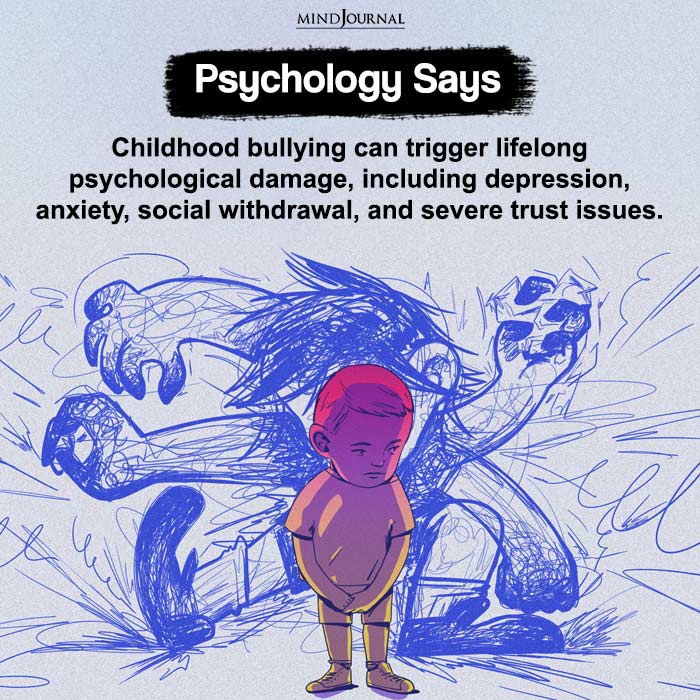
Social withdrawal can indicate feelings of loneliness or difficulty connecting with others.
Read More: 5 Damaging Impact of Social Media on Children
6. Physical Complaints
Take note of unexplained physical complaints such as headaches, stomachaches, or other somatic symptoms.
These physical manifestations may be linked to underlying emotional distress.
7. Changes in Appetite
A notable change in appetite was a sign of emotional wellness. It is important to handle mood swings with care in order to remedy the situation.
It is therefore necessary that, if such indicators as those above persist or worsen, they are promptly referred for proper assessment and help.
However, why do these mood disorders in children become serious?
Causes Of Mood Disorders
Understanding the potential causes behind childhood mood disorders involves examining various factors that contribute to a child’s emotional well-being.

The following are some of the reasons behind what might cause mood disorders in children:
1. Biological Factors
In certain cases, a child may be more prone to mood disorders due to their family history.
In some instances, when other family members have themselves suffered from mood disorders, it increases the possibility of a child experiencing the same. This is backed by an additional assertion that imbalances in some chemicals in a child’s brain affect his or her mood.
2. Psychological Factors
Some personality traits in children can make them more susceptible to mood problems. Furthermore, the strategies that a child uses to deal with his or her challenges can affect that child’s state of mind.
3. Social Factors
The emotional states of children are affected by relationships’ quality, including friendships and interactions at school.
Depression and mood disorders may result from problems with friends or bullying. Inadequacy in academics also creates stress and affects the emotions of a child.
4. Trauma and Abuse
Negative experiences, such as emotional, physical, or sexual abuse, can profoundly affect a child’s mental health.
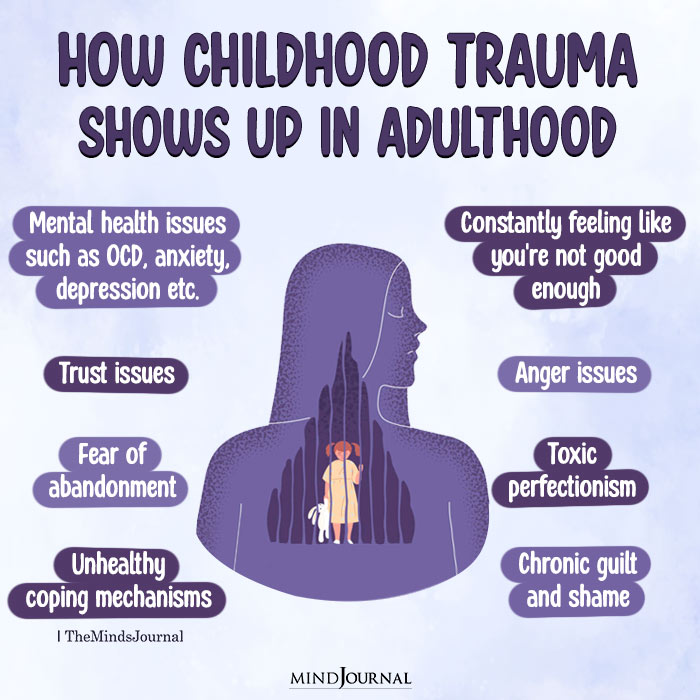
Children who endure trauma or abuse may develop various mental health issues, including Post-Traumatic Stress Disorder (PTSD), depression, anxiety disorders, behavioral issues, and difficulties trusting others.
Read More: What Is Childhood Trauma? 4 Signs of Lingering Childhood Hurt
5. Hormonal Changes
Adolescence is a phase of hormonal changes that could cause mood swings in children as they become teenagers. These natural changes in the hormones can affect a child’s emotional state and cause mood disorders during this stage of development.
6. Substance Abuse
The use of drugs or alcohol by a child can exacerbate existing mood issues. Substance abuse can have detrimental effects on mental health, leading to increased vulnerability to mood disorders and complicating the overall emotional well-being of the child.
Identifying and addressing these factors early on is crucial for supporting your child’s mental health.
Read More: Drug Abuse: 20 Signs, Causes And Ways To Overcome
Once you identify this, it is significant that parents seek professional help because their child’s diagnosis and treatment plans should be put into effect immediately!
Treatment Of Childhood Mood Disorders
It is necessary that when the diagnosis has been done, children’s mood disorders are treated immediately. The child can be effectively treated in this way.
How to treat childhood mood disorders
1. Talking to a Therapist
You can help your child by talking to a therapist. They are experts who know how to help kids with their feelings.
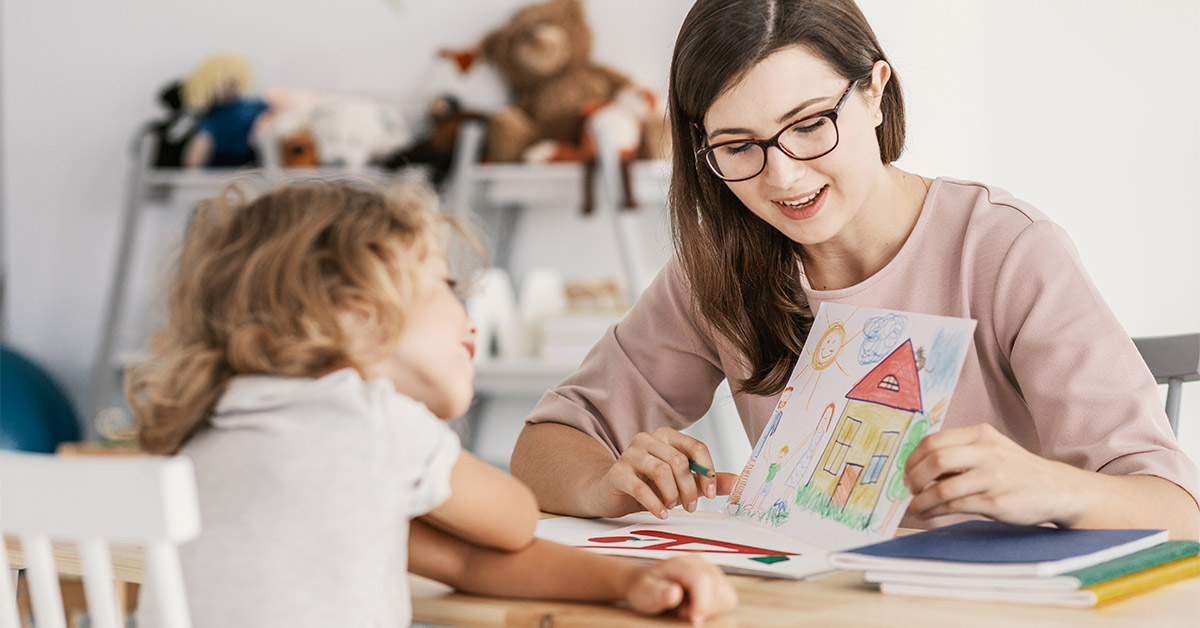
Your child can learn new ways to handle stress and tricky emotions.
Read More: When To Take Your Child To A Therapist?
2. Talking as a Family
You and your child can also talk with a therapist together. This can help the whole family understand and work together to support your child. Sometimes, just having everyone on the same page makes a big difference.
3. Medicine Can Help
Medicine is helpful to certain children. It’s like a slight boost for the brain.
If your child sees a therapist, he or she might suggest medication. You have every right to inquire and weigh the options before coming up with a solution that best suits your kid.
4. Support from Teachers
Teachers can be important partners too. Talking to your child’s teachers helps them understand what’s going on.
Read More: Is Homeschooling Better For Mental Health? 5 Strong Reasons
They can support your child at school and keep an eye out for anything that might be tricky.
A Word From Mind Family
Different forms of mood disorders, such as major depressive disorder and disruptive mood dysregulation disorder, manifest themselves whether in childhood or adolescence.
For effective intervention and tailored treatment plans, it is important to detect these diverse types of mood disorders early enough.
Parents! You are not alone in this journey. By collaborating with therapists, teachers as well as healthcare professionals, you are taking huge strides towards the happiness, welfare and bright future for your child.
Remember that your commitment to comprehend and treat mood disorders in childhood may be the most powerful thing you can do for your child’s emotional health.
Frequently Asked Questions (FAQs)
1. What are childhood mood disorders?
Childhood mood disorders are mental health issues that have a great impact on how a child feels and shows their emotions. These are not just normal mood changes or occasional tantrums; they are serious mental health problems such as depression or bipolar disorder.
2. What are the causes of mood disorders?
The causes of mood disorders in children are many and varied. They can be triggered by biological factors, for example, family history or imbalance of brain chemicals. Psychological factors such as traits of personality and coping strategies contribute to this disorder. Additionally, social factors like academics struggles, trauma, relationship quality, and substance abuse may play a significant role.
3. How are mood disorders in childhood and adolescence different?
Childhood and adolescent mood disorders may share similarities but they can also express themselves in different ways. Adolescent mood disorders, on the other hand, are conditions that affect a child’s emotional state while he is becoming an adult.
4. What are the signs of childhood mood disorders?
When it comes to children, the signs of mood disorders are, changes in behavior, altered sleep patterns, persistent sadness or irritability, declining academic performance, social withdrawal, physical complaints and changes in appetite.
5. What is the treatment for childhood mood disorders?
When dealing with childhood mood disorder, one has to use a holistic approach. In this case, it is important to consult with a counselor, engage in therapeutic family talks with a counselor, use medications when necessary and obtain help from teachers.
